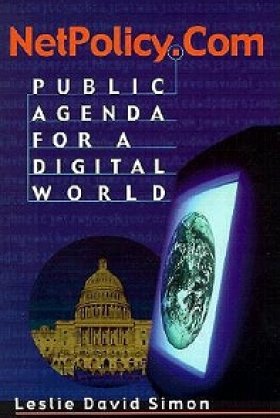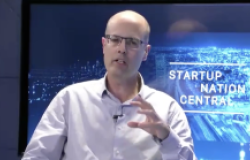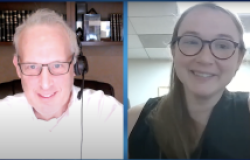NetPolicy.com: Public Agenda for a Digital World


In NetPolicy.Com, Leslie David Simon offers a panoramic view of the Internet’s cyclonic effects on national and global institutions, ranging from government and finance to health care, education and industry. To cope with this digital revolution, the author provides a comprehensive prescription for crucial public policy needs. Beginning with the worldwide struggle between government control and private sector leadership of the Net, he looks at the basic properties of the Net: its disregard of national boundaries; its virtual nature; and its impacts on the global economy, democracy, money, power, ecology, and culture. The book asks how we can encourage the healthy growth of the Net and avoid its darker side effects. Examining the current approaches of numerous governments and international organizations, NetPolicy.Com covers such critical issues as privacy, free expression, access, international trade, security, taxation, telecommunications regulation, legal frameworks, and government research.
NetPolicy.Com takes a non-ideological view, examining each issue on its own merits, sometimes accepting government involvement, as with advanced research, and sometimes favoring private sector control, as in the book’s call for an end to telecommunications regulation or its opposition to government censorship. Above all, the book asserts that the unique American embrace of free expression, open markets, and private initiative will keep the U.S. in the vanguard of cyberspace, provided the private sector acts responsibly. Closed, non-democratic societies, the author asserts, will fall ever further behind, economically, politically, and culturally.









